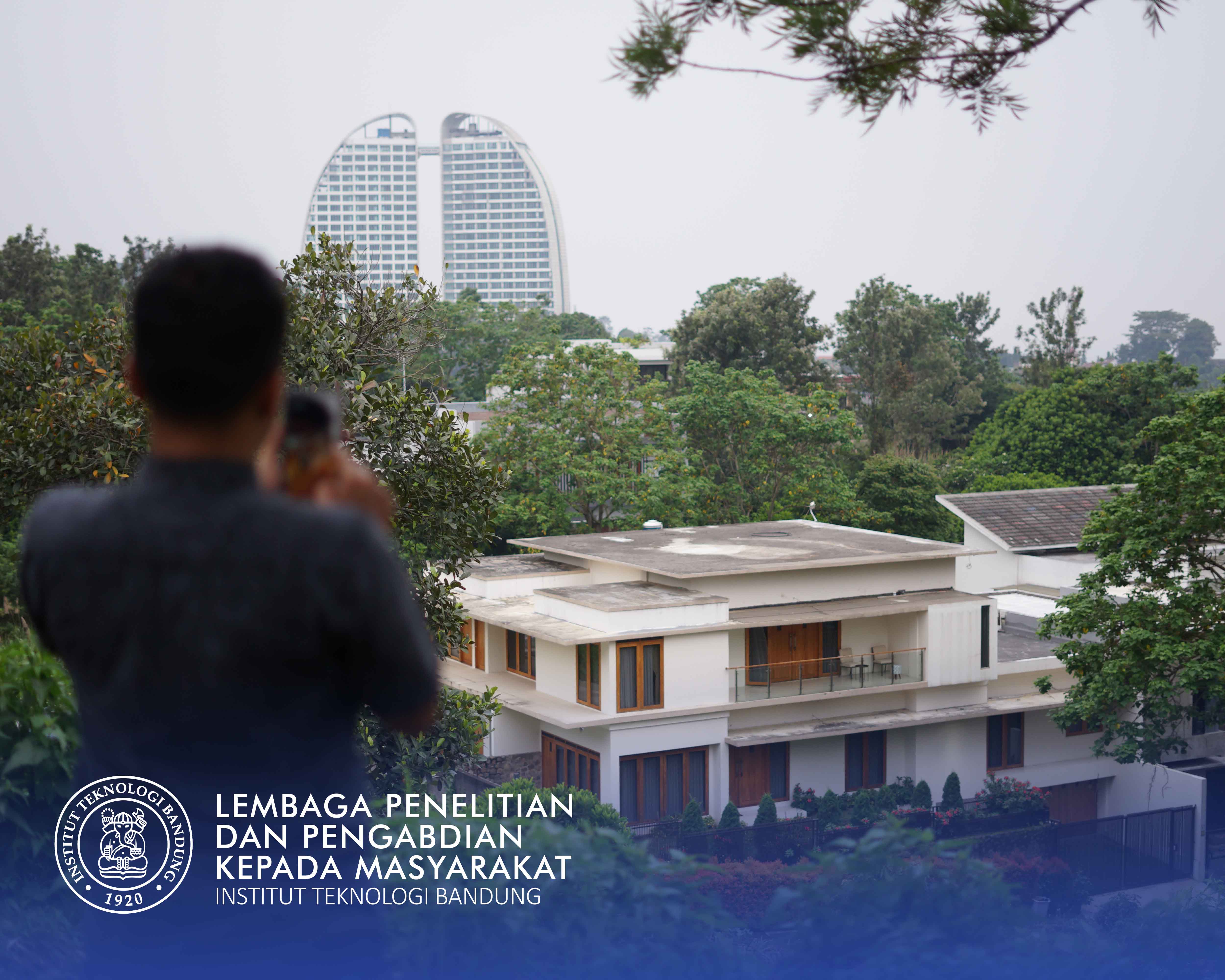

Ir. Teti Armiati Argo, MES., Ph.D.
MSP (Marine Spatial Planning) is defined as a planning process that affects where and when human activities occur in the sea area with the aim of finding a point of balance between environmental, economic and social goals. There are at least three great criteria that need to be a concern, namely, ecological criteria, human dimension criteria, and management criteria. Among the three criteria above, human dimensions are the most left in its development, the neglect of human dimensions can result in threatened with the loss of inheritance, livelihoods, and culture of coastal communities. Furthermore, knowledge of this can provide information about actual beneficiaries, mastery and historical access of groups in the community towards the marine room. However, promoting human dimensions is full of dilemmas because there are social, economic and business structures that bind the interests of the community. In the end it raises a dilemma between conducting preservation and exploitation of the ecosystem at the same time. This activity seeks to uncover the planning dilemma that occurs with the bounded rationality approach. The implementation begins with a case study, an analysis conducted descriptively, approaching the PPR and approach to the theory of agencies.
The development of a conceptual framework to understand the planning dilemma in promoting human dimensions in MSP, as well as policy proposing in the preparation of MSP for related stakeholders.
The difference in views and phenomena of the struggle for an arrangement is often faced by the actors, causing inner conflict when carrying out the planning process. The lack of data and knowledge makes policy arguments become weak and cannot convince various parties, especially regarding the distribution of spatial and temporal benefits and the issue of justice between generations.